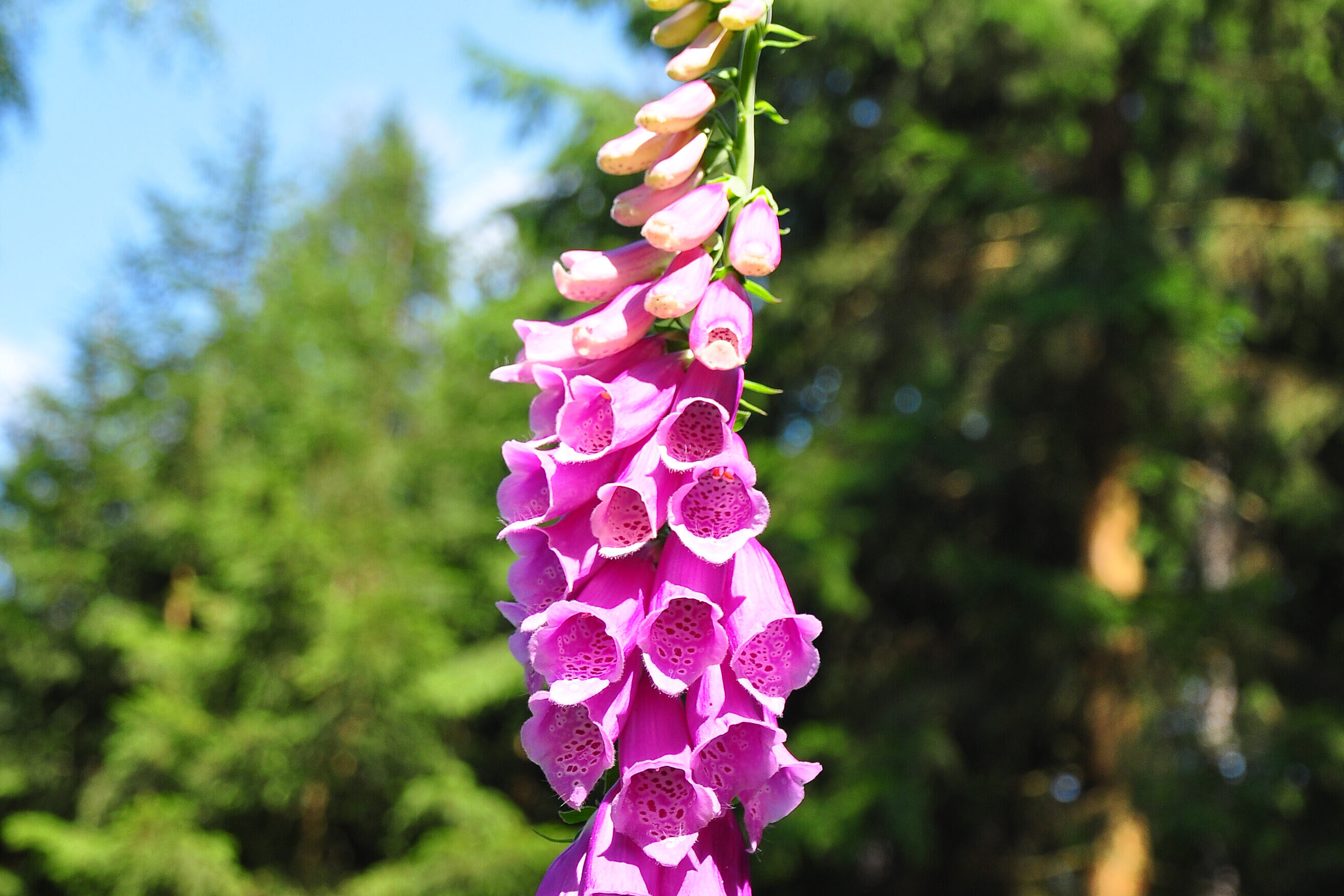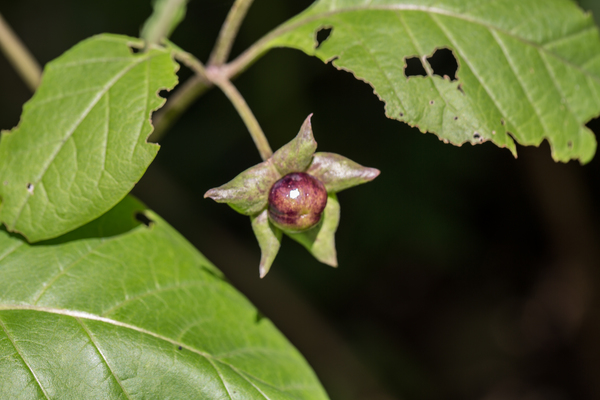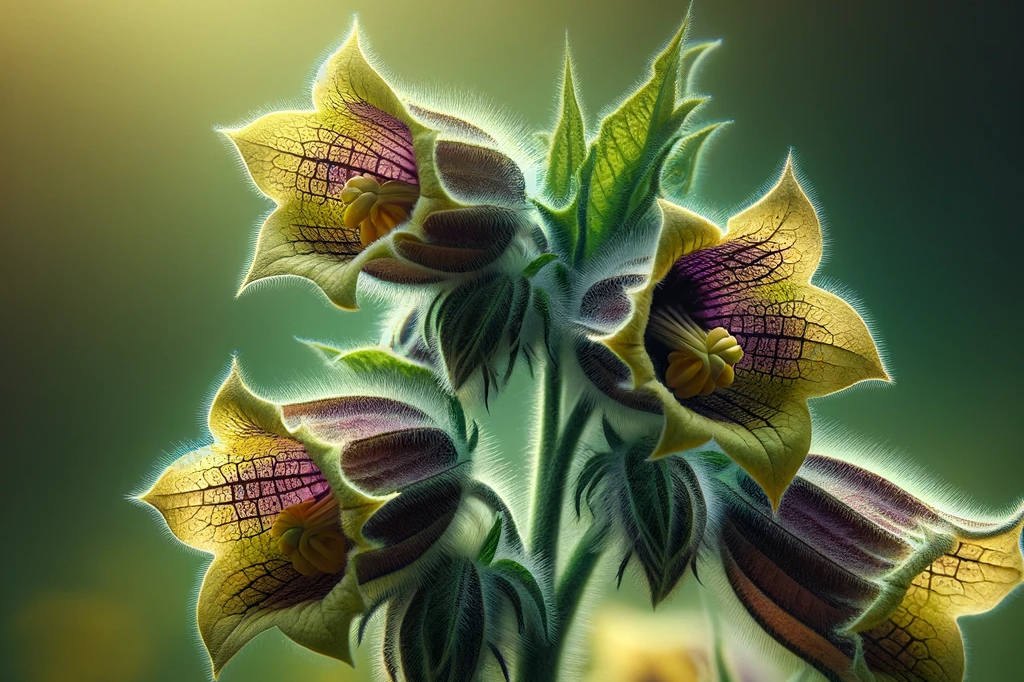Wolfsbane

What is aconite?
Monkshood, also known by its scientific name Aconitum, is a genus of perennial plants found in the mountainous regions of Europe, Asia and North America. This plant is not only known for its vibrant flowers, which make an attractive addition to any garden, but also for its potent biochemical composition. Monkshood contains several alkaloids, the best known of which is aconitine. These substances have potent pharmacological properties, which has made aconite a subject of interest and caution in human medicine and throughout history.
The benefits of aconite for dogs
It may seem surprising that a plant so strongly associated with toxicity could offer any benefits at all for dogs. Aconite has been valued in traditional medicine for its analgesic (pain-relieving) and anti-inflammatory properties. Theoretically, these properties could also be beneficial in dogs, particularly for relieving pain or treating inflammatory conditions. However, the use of aconite in dogs is extremely risky and should not be considered without the explicit instruction and supervision of a qualified veterinarian.
The risks and dangers of aconite
The potential "benefits" of aconite are greatly overshadowed by the significant risks and dangers this plant poses to dogs. Monkshood is highly toxic, and exposure can lead to serious health problems ranging from gastrointestinal upset to severe neurological symptoms. In the worst cases, ingestion of aconite can be fatal. Toxicity varies depending on the part of the plant, the time of year and the geographical location, making safe dosing virtually impossible.
Symptoms of aconite poisoning in dogs can include vomiting, diarrhea, hypersalivation, weakness, respiratory distress and cardiac arrhythmia. If aconite poisoning is suspected, immediate veterinary attention is required as conditions can quickly become life-threatening.
Given the serious risks and potentially fatal consequences of a dog's exposure to wolfsbane, the theoretical benefits far outweigh the dangers. There are safer alternatives to support your dog's health and well-being without the risk of poisoning. The use of aconite in any form as an ingredient or supplement in a dog's diet should be strictly avoided. The health and safety of your four-legged friend should always be a top priority, and it is important to seek advice from experienced veterinary professionals before introducing any new elements into their care. Wolfsbane may have a place in human history and medicine, but in the world of canine nutrition, it's clearly a guest best left outside.
If you notice any signs of hypersensitivity or poisoning in your dog, you should see your vet immediately. We are not a substitute for a vet, but we try to be as accurate as possible. Every dog reacts differently and we recommend you get a second opinion or consult your vet if in doubt.
Stay healthy and take good care of your four-legged friend!😊
Similar to Wolfsbane
Foxglove belongs to the plantain family and is widespread in Europe, Asia and North America. There are around 20 different species of foxglove, which differ in the shape and color of their flowers....
Belladonna (Atropa belladonna) is a perennial shrub from the nightshade family. It can grow up to two meters high and has egg-shaped leaves and bell-shaped flowers, which are brown-purple on the...
Henbane (Hyoscyamus) is a genus of around 23 species that belong to the nightshade family. The best-known species is the black henbane (Hyoscyamus niger), which is also known as witchweed or deadly...
Spotted hemlock is a biennial plant that belongs to the umbellifer family (Apiaceae). It is mainly native to Europe, West Asia and North Africa and has been introduced to many parts of the world,...



